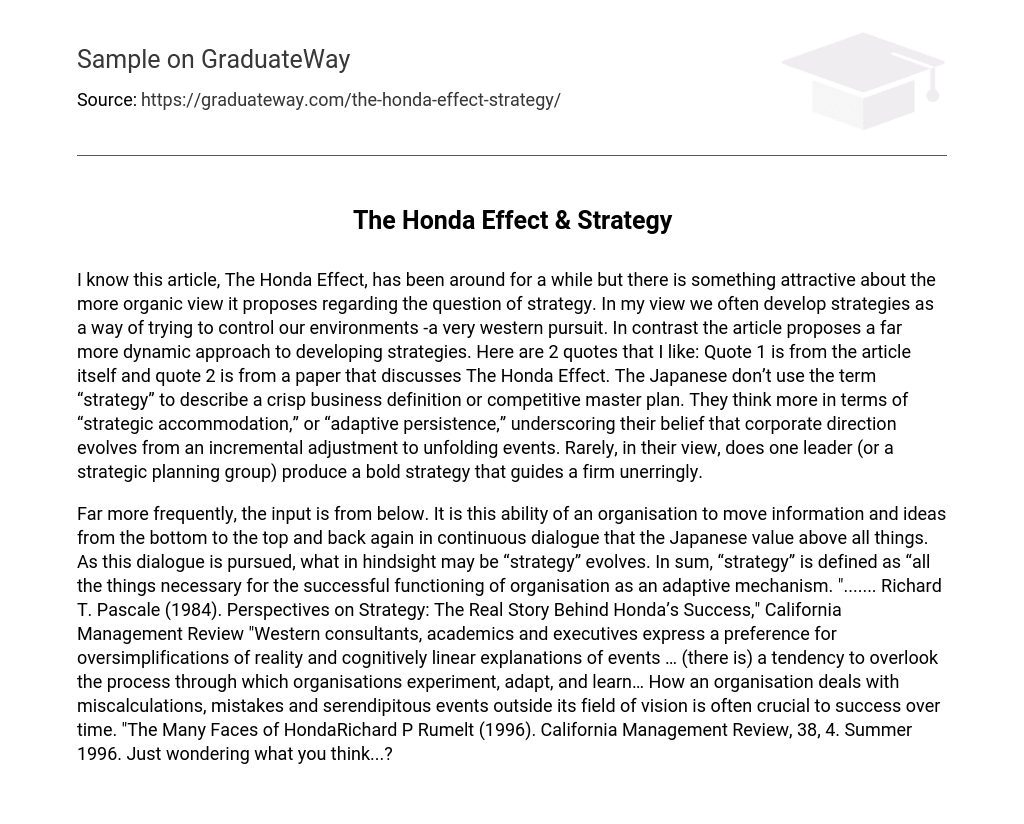The Unsung Heroes Of Business: The True Value Of Middle Management

Table of Contents
Bridging the Gap: Middle Management as a Communication Conduit
Effective middle management acts as a critical communication conduit, ensuring seamless information flow between upper management and frontline employees. This two-way communication is vital for organizational success. Without strong middle management, vital information can get lost in translation, leading to miscommunication, decreased morale, and ultimately, decreased productivity. Effective middle managers excel at:
- Translating complex strategies into actionable plans: They break down high-level strategic goals into manageable tasks and clear instructions for their teams. This ensures everyone understands their role in achieving the overall objectives.
- Gathering feedback from employees and relaying it upwards: They act as a voice for their teams, conveying concerns, suggestions, and challenges to upper management, fostering a culture of open communication and collaboration.
- Ensuring consistent messaging and clarity across departments: They maintain alignment on company messaging, procedures, and goals, eliminating confusion and improving operational efficiency.
- Conflict resolution and mediation between teams: They act as mediators, resolving disagreements and fostering collaboration between different departments or teams, preventing escalation and maintaining productivity.
These communication skills are key to maintaining high employee morale and fostering a positive and productive work environment. Improving communication through strong middle management directly impacts employee engagement and the overall success of strategic initiatives.
Driving Operational Efficiency: The Role of Middle Management in Productivity
Middle management is directly responsible for the day-to-day operational efficiency of an organization. They are the engine room, ensuring that workflows run smoothly, projects stay on track, and resources are allocated effectively. Their impact on productivity is undeniable:
- Overseeing daily operations and task management: They supervise daily tasks, delegate responsibilities, and ensure deadlines are met. This focused approach streamlines workflows and prevents bottlenecks.
- Implementing and monitoring performance metrics (KPIs): They track key performance indicators, identifying areas for improvement and celebrating successes. This data-driven approach allows for continuous optimization of processes.
- Identifying bottlenecks and implementing solutions for improved productivity: They proactively identify obstacles to efficiency and work to remove them, ensuring a continuous improvement cycle within their teams.
- Mentoring and training junior employees, increasing overall team capability: They invest in their teams' growth, providing training and guidance to enhance skills and boost overall team performance.
By focusing on these areas, middle managers contribute significantly to workflow optimization and overall organizational productivity, directly impacting the bottom line. Improving their skills in project management and resource allocation is key to unlocking significant improvements in efficiency.
Cultivating Employee Engagement and Development: Middle Management's Human Capital Role
Middle managers are on the front lines of employee engagement and development. Their ability to foster a positive work environment, motivate their teams, and nurture talent is crucial for employee retention and overall organizational success. They contribute to employee engagement by:
- Providing regular feedback and coaching to employees: They offer regular constructive criticism and support, helping employees improve their performance and grow professionally.
- Recognizing and rewarding employee achievements: They celebrate successes, both big and small, boosting morale and fostering a positive work environment.
- Addressing employee concerns and resolving conflicts: They act as a point of contact for employees, addressing concerns and resolving conflicts promptly and fairly.
- Mentoring and developing employees' skills and careers: They invest in their employees' long-term growth, providing guidance and support for career advancement.
Investing in leadership development for middle management directly translates to higher employee engagement, improved retention rates, and a more productive and motivated workforce.
Strategic Implementation and Execution: The Critical Link in Middle Management
Middle management forms the critical link between high-level strategic goals and their practical implementation. They translate overarching company objectives into actionable departmental strategies. This crucial role ensures that strategic plans are not just aspirational documents but a roadmap to success:
- Developing and implementing departmental strategies aligned with company objectives: They ensure that departmental goals align with the overall company strategy.
- Monitoring progress towards goals and adapting plans as needed: They track progress, identifying and addressing any roadblocks or deviations from the plan.
- Ensuring alignment between different departments: They facilitate communication and collaboration between different departments, minimizing silos and maximizing efficiency.
- Identifying and mitigating risks to project success: They proactively identify potential risks and develop mitigation strategies, ensuring project success.
This strategic focus ensures effective execution and contributes significantly to achieving the company’s overall objectives. Strengthening middle management's understanding of strategic planning and risk management is essential for improved execution.
The Indispensable Role of Middle Management
In conclusion, middle management is far more than a layer of bureaucracy. They are the crucial link between strategy and execution, the drivers of operational efficiency, and the nurturers of employee engagement. Their often-overlooked contributions are vital for organizational success. It's time to rethink our perception of middle management and appreciate their indispensable role. Investing in middle management—through targeted training programs, improved communication channels, and recognition of their achievements—is an investment in the future success of your entire organization. Strengthening middle management through focused development initiatives will yield significant returns in productivity, employee retention, and ultimately, the achievement of strategic goals. Start investing in effective middle management today!

Featured Posts
-
 Kalinskaya Defeats Keys In Thrilling Charleston Quarterfinal
May 30, 2025
Kalinskaya Defeats Keys In Thrilling Charleston Quarterfinal
May 30, 2025 -
 Analysis The Potential For Increased Energy Prices Under The New Us Policy
May 30, 2025
Analysis The Potential For Increased Energy Prices Under The New Us Policy
May 30, 2025 -
 Plus De Controles Antidrogue Pour Les Chauffeurs De Cars Scolaires
May 30, 2025
Plus De Controles Antidrogue Pour Les Chauffeurs De Cars Scolaires
May 30, 2025 -
 The Honda Effect How Winning Motorcycles Attract Champions
May 30, 2025
The Honda Effect How Winning Motorcycles Attract Champions
May 30, 2025 -
 Izrail Preduprezhdenie Mada Ob Opasnykh Pogodnykh Usloviyakh
May 30, 2025
Izrail Preduprezhdenie Mada Ob Opasnykh Pogodnykh Usloviyakh
May 30, 2025
